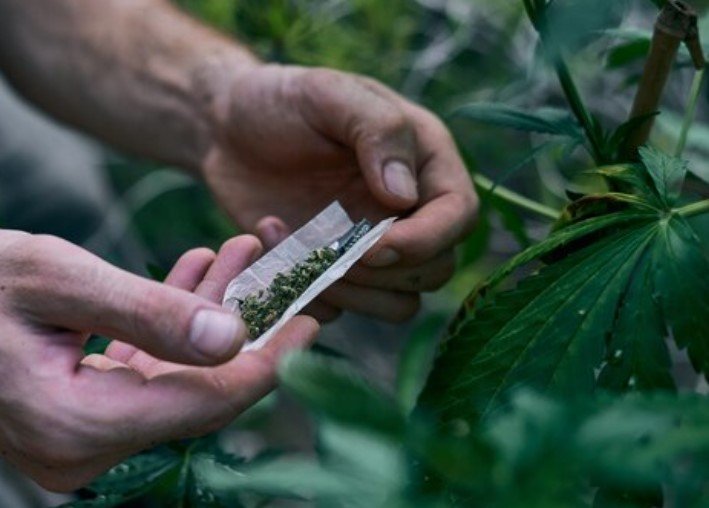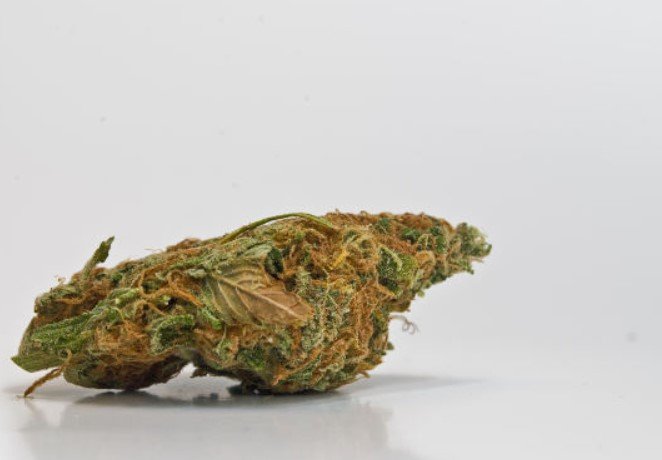Florida lawmakers are considering a bill that would impose caps on the potency of cannabis products sold for recreational use if voters approve a constitutional amendment to legalize adult-use cannabis in November.

What is the bill about?
The bill, HB 1269, was introduced by Rep. Ralph Massullo, a Republican and a dermatologist, on Jan. 5. It would set the following limits on THC content, the psychoactive compound that produces the euphoric feeling, in non-medical cannabis products:
- Smokable flower: Limited to 30% THC or less by weight or volume
- Concentrate, extracts, and vape potency: Limited to 60% THC
- Edibles: There must be less than 200mg THC per package and no more than 10mg THC per serving
The bill would go into effect 30 days after the passage of a constitutional amendment legalizing adult-use cannabis, according to the bill text. The amendment, sponsored by the political committee Smart & Safe Florida, is currently under review by the Florida Supreme Court, which will decide whether it meets the legal requirements to be placed on the 2024 ballot.
Why do lawmakers want to cap THC levels?
Massullo said the bill was aimed at keeping potency levels safe and preventing potential negative effects of high-THC cannabis products on the brain, especially for young adults.
“We know that THC is a psychoactive substance that can affect the developing brain up to age 25,” Massullo said during a House Healthcare Regulation Subcommittee meeting last week, where the bill was approved with a 9-4 vote.
Massullo cited studies that linked high-THC cannabis use to an increased risk of psychosis, anxiety, depression, and cognitive impairment. He also said that THC levels in cannabis products have increased significantly over the years, from an average of 4% in the 1990s to over 20% today.
“We have a responsibility to protect the public health and safety of our citizens,” Massullo said.

How do cannabis advocates and industry players react?
The bill has faced opposition from cannabis advocates and industry players, who argue that the THC caps are arbitrary, unnecessary, and harmful to the legal market.
Trulieve, the state’s largest medical marijuana operator and the major backer of the Smart & Safe Florida committee has launched a campaign to stop the bill, calling it “the most restrictive state in America by severely limiting THC content.”
Trulieve, which has contributed more than $40 million to the committee, said the bill would drive consumers to the illicit market, where products are unregulated and potentially unsafe.
“Patients and consumers deserve access to safe, quality, and affordable cannabis products that meet their needs and preferences,” Trulieve said in a statement.
Ron Watson, a lobbyist who represents one of the state’s medical marijuana operators, MuV by Verano, also criticized the bill as “premature” and “unnecessary,” noting that the Supreme Court has not yet decided whether the amendment will be on the ballot.
Watson said the bill would interfere with the will of the voters, who overwhelmingly approved medical marijuana in 2016.
“Let the people decide. Let the market decide. Let the science decide,” Watson said.
What are the next steps for the bill?
The bill still has a long way to go before becoming law. It has to pass two more House committees and the full House, as well as the Senate, where a similar bill, SPB 7050, is scheduled for a hearing on Tuesday.
The Senate bill, however, differs from the House bill in one key aspect: it would also apply the THC caps to medical marijuana products, which are currently exempt from any potency limits.
The Senate bill would also require physicians to obtain informed consent from patients before recommending medical marijuana products with more than 10% THC for smokable flowers and more than 60% THC for other forms.
The Senate bill has drawn even more criticism from cannabis advocates and industry players, who say it would undermine the medical marijuana program and harm patients who rely on high-THC products for their conditions.
“This bill is an attack on patients’ rights and access to medicine,” said Jodi James, the executive director of the Florida Cannabis Action Network, a nonprofit organization that advocates for cannabis reform.
James said the bill would create a “two-tiered system” of cannabis products, where only wealthy patients could afford the high-THC products, while low-income patients would be forced to use low-THC products that may not be effective for them.
“This bill is not based on science; it’s based on fear,” James said.
